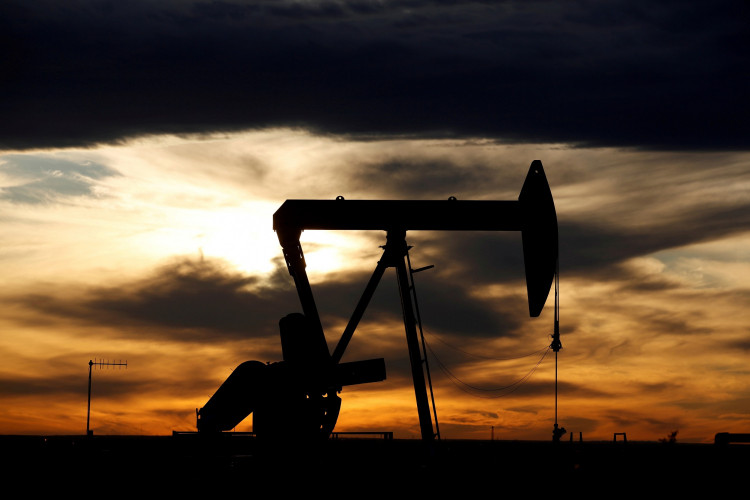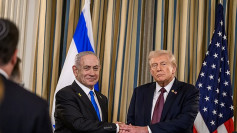European Union leaders have agreed to an embargo on Russian crude oil imports that would go into full force by the end of 2022. However, Hungary and two other landlocked Central European members were granted exemptions for pipeline imports.
It is the biggest sanction yet imposed on Russia for its invasion of Ukraine, and it will have an impact on the European Union, where energy costs have soared and inflation is nearing double digits.
German Chancellor Olaf Scholz stated, "The sanctions have one clear objective: to induce Russia to cease this war, withdraw its soldiers, and negotiate a reasonable and equitable peace with Ukraine."
The oil embargo follows a prohibition on Russian coal and enables the EU to apply a sixth wave of penalties, including the exclusion of Russia's largest bank, Sberbank, from the SWIFT international transaction system.
President Volodymyr Zelenskiy of Ukraine stated that once the sixth round is over, "we will immediately begin planning for the seventh round." He anticipated that Russia would lose tens of billions of Euros because of the ban.
"There should be no significant economic ties between the free world and the terrorist state in the end," he stated.
French President Emmanuel Macron stated that nothing could be ruled out in terms of more penalties, although other world leaders rejected the notion of prohibiting Europe's reliance on Russian gas by prohibiting its imports.
Zelenskiy has previously criticized what he termed a "inacceptable" delay of over 50 days since the previous EU package.
EU nations will have six months to cease imports of Russian crude oil transported by sea, and eight months for refined products.
This timeframe will begin once the EU nations formally adopt the measures, which they intend to do this week.
The agreement was reached only when the other EU leaders agreed to exempt Hungary.
Poland and Germany are pipeline importers, but they have vowed to cease purchasing Russian oil by the end of 2022.
Two-thirds of the Russian oil purchased by the EU is transported via tanker, while the remaining third is transported via the Druzhba pipeline.
Some 10 percent of imports are temporarily exempted from the ban for landlocked Hungary, Slovakia, and the Czech Republic, who receive their Russian oil from Druzhba.
Ursula von der Leyen, the head of the bloc's executive commission, stated that the package would also prohibit EU companies from insuring or reinsuring ships transporting Russian oil.






